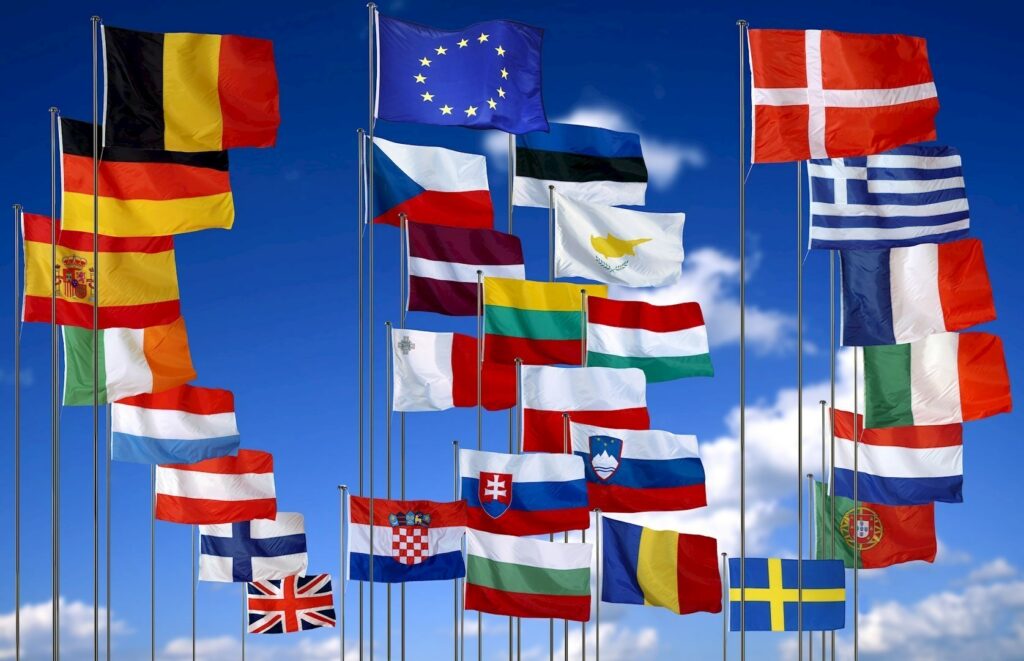Ethanol offers EU countries a way to step up their climate ambitions
The European Commission has just warned EU countries that they need to be more ambitious when it comes to meeting climate commitments – saying that unless more is done Europe will fall short of its 2030 renewable energy deployment target.
Fortunately, there is a way many Member States could already increase the share of renewables in their energy mixes: by adapting their national climate plans to encourage greater use of sustainable low-carbon fuels such as European ethanol.
The Commission's assessment of Member States’ national climate plans points to several areas where there is room for improvement, including road transport. Specifically, the Commission said “some Member States are called upon to increase efforts and better exploit their national potential while others will need to confirm their already ambitious objectives.”
That’s where ethanol should come in. Domestically produced renewable ethanol delivers immediate greenhouse-gas reduction – more than 71% on average compared to fossil fuel – and works in today’s cars and infrastructure. Using more of it – for example through the wider uptake of E10 ethanol blend – would help countries more easily achieve their renewables targets. It would also provide an economic boost to European farmers and reduce the need for imported animal feed.
While already available in some countries – such as Belgium, Bulgaria, Finland, France, Germany, Luxembourg and Romania – E10 could be rolled out more widely in other countries.
As the Commission put it, “The good news is that Member States now have six months to raise their national level of ambition.” It’s a challenge that will take on even more importance as the EU tries to achieve its longer-term strategy for emissions reductions. But it’s a challenge that countries can start to address today with a homegrown solution: European ethanol.
